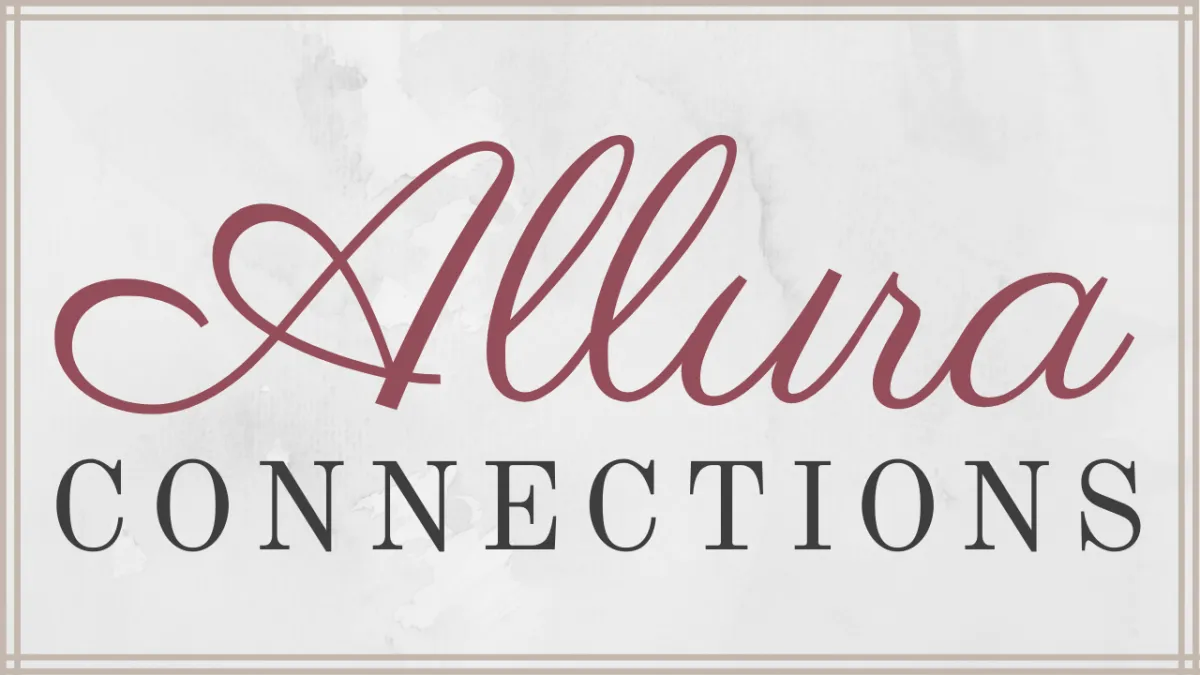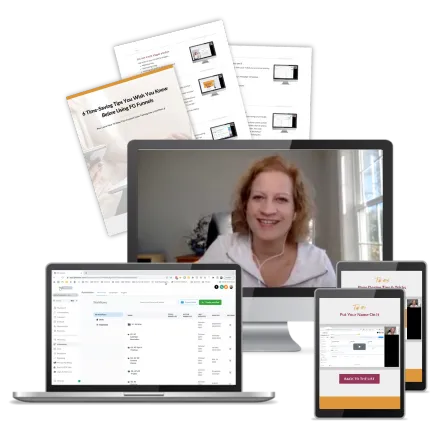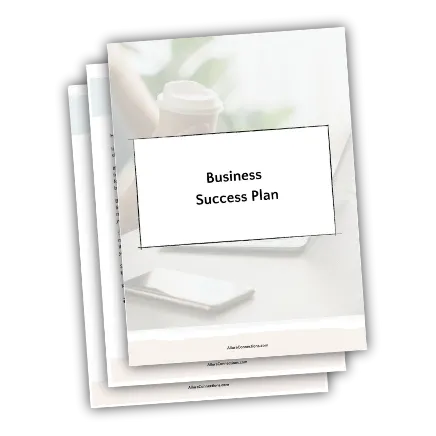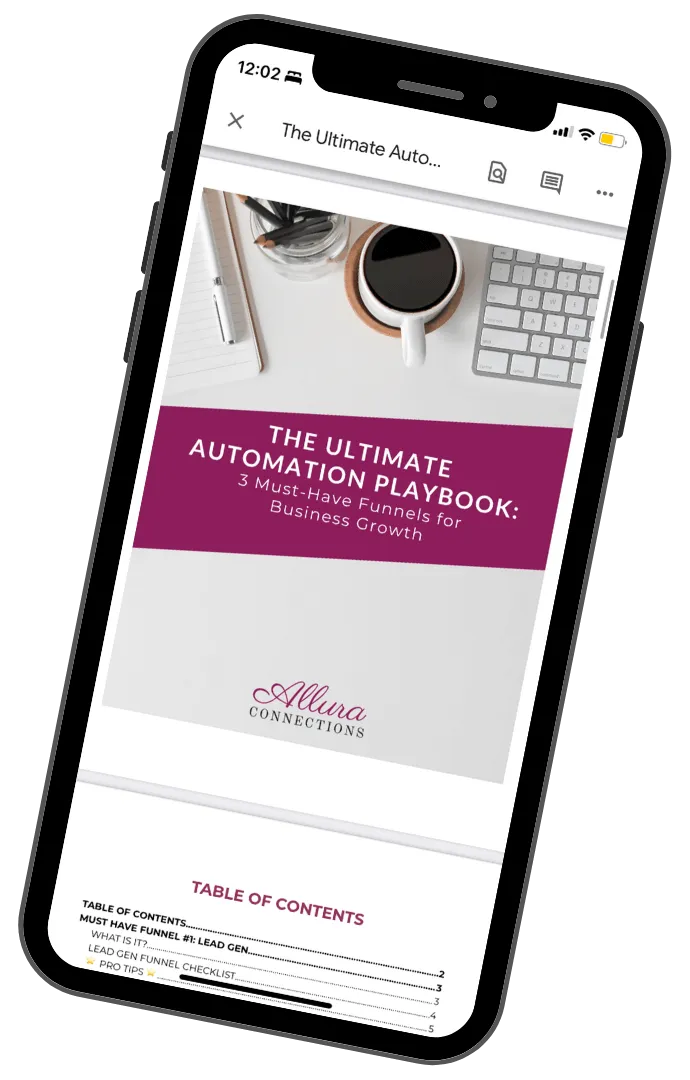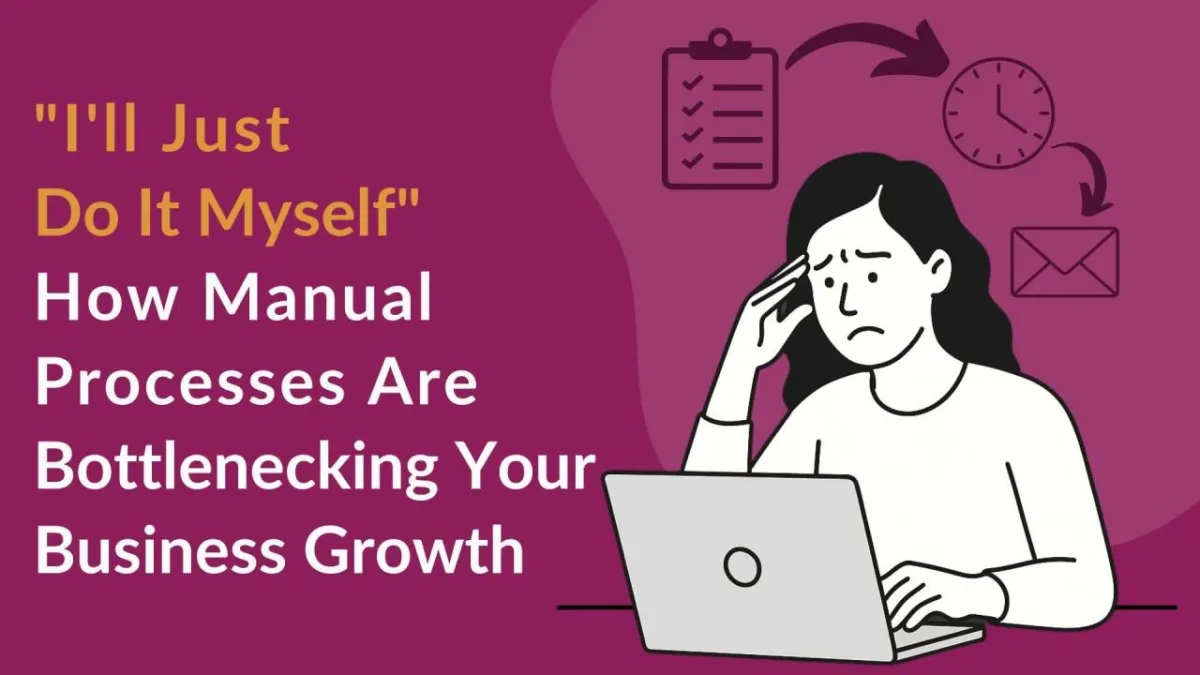
"I'll Just Do It Myself": How Manual Processes Are Bottlenecking Your Business Growth
You check and double-check every client email. You personally handle each appointment reminder. You maintain spreadsheets with meticulous care. And yet, despite all this effort, things still fall through the cracks.
I've been noticing something that truly concerns me - so many incredible business owners trapped in exhausting manual processes. You're working 50+ hour weeks, drowning in tasks that could be automated, while still experiencing those heart-sinking moments when you discover missed appointments or realize client follow-ups have been delayed despite your best efforts.
That belief we all understand - "if you want something done right, you have to do it yourself" - has unknowingly created a ceiling on your business growth and is actively preventing the time freedom that inspired your entrepreneurial journey in the first place.
I'd love to share a story that might feel familiar. Meet Carla (not her real name). She built a thriving wellness coaching practice that had grown to where many of us dream - fully booked with clients she loved.
Every Sunday evening, Carla would settle at her kitchen table with her color-coded spreadsheet and manually send out appointment reminders for the coming week. She'd carefully cross-reference client notes from three different places to personalize each message. This process alone consumed 3-4 precious hours every weekend.
Carla took genuine pride in this personal touch. "Automated messages feel so cold," she'd tell me. "My clients appreciate knowing it's really me." But what was actually happening told a different story.
Despite her dedication and care, she'd occasionally miss sending reminders to clients who had rescheduled mid-week. Her no-show rate hovered around 15%, and she was constantly juggling those stressful last-minute reschedules that disrupted her entire week.
The manual process she believed created connection was actually introducing inconsistency and errors. Even more concerning, those precious weekend hours were stealing her family time and contributing to a burnout that was beginning to affect the quality of her client sessions.
As someone who partners with entrepreneurs to simplify their tech systems, I see this pattern so often with the amazing business owners I work with. That wonderful independence and attention to detail that makes you an excellent service provider often becomes your biggest obstacle to growth.
The very manual processes you trust to ensure quality are actually introducing errors and inconsistency into your business operations.
When Carla and I began working together, we started by really understanding her current client communication process. We discovered that her manual approach, despite coming from such a good place, was actually less reliable than a thoughtfully designed automated system.
Together, we implemented a simple appointment reminder system in HighLevel that sent personalized messages at precisely the right intervals before appointments.
The system still included her warm, personal language – all without Carla having to sacrifice her Sundays.
Within just three weeks, Carla's no-show rate dropped dramatically. Her clients actually commented on how professional and consistent her communication had become.
But what moved me most was seeing Carla reclaim her Sundays.
Without the administrative burden, she could fully disconnect from work and recharge for the week ahead. This wasn't just about saving time – it was about creating space for the strategic thinking that allowed her to develop new service offerings that increased her revenue without requiring more hours of direct client work.
To understand if others were experiencing similar challenges with manual processes, I reached out to some fellow business owners I admire to hear their stories.
Whitney Lundy, Esq, Founder of Lundy Law Practice, shared:
"The first system that truly transformed my business was implementing a proper calendaring tool. I was constantly double and triple booking myself, being completely unrealistic about my day. Once I put Calendly into place, everything changed. Not only do I still use this system today, but I've evolved it to serve as an easy way to charge for consultations as well. It was the starting point that showed me how the right systems can eliminate chaos and streamline essential business processes."
This perspective was echoed by Adrienne Farrow, Digital CEO and Google for Education Certified Trainer, who told me:
"The first thing I automated in my business is reoccurring calendar events in Google Calendar and reoccurring Google Tasks. This has been transformative for my business as I now know I won't accidentally double book myself or miss an important to-do!"
Looking at both Whitney and Adrienne's experiences, I notice a powerful pattern: calendar management was a critical turning point in their businesses.
Both struggled with scheduling chaos before automation, and both found that implementing simple systems created immediate relief and lasting transformation. Their stories highlight that automation isn't about removing the personal touch—it's about creating the reliability and structure that actually allows your unique value to shine through consistently.
These conversations revealed another important insight: many business owners initially struggle with letting go of manual processes due to a deep-seated belief that automation might compromise quality or personalization. Yet after taking that first step, they discover the opposite is true. This reflection led me to develop several questions that might help you examine your own relationship with automation in your business.
Are you holding onto manual processes that are actually creating more errors and inconsistency than an automated system would?
Consider this: Even the most detail-oriented person experiences fatigue, distraction, and occasional oversights. Our human attention, while valuable, has natural limitations that automated systems don't share.
Think about those times you've insisted on hand-washing dishes because you believed the dishwasher wouldn't clean them properly. Yet on tired evenings, you might rush through washing, leaving residue a dishwasher would have consistently removed. Your business processes might be experiencing the same hidden inconsistencies.
How much of your resistance to automation is about maintaining control versus actually delivering better results for your clients?
What I've noticed working with entrepreneurs is that sometimes what feels like quality assurance is actually a comfort zone that's quietly limiting both your business potential and personal freedom.
This reminds me of talented chefs who refuse to let anyone else chop vegetables in their kitchen. The resistance isn't really about maintaining quality - it's about the challenge of trusting someone (or something) else with a task you've always handled yourself. But imagine what that chef could create if freed from hours of basic preparation!
What would become possible in your business if you redirected the time and mental energy spent on manual tasks toward strategic growth opportunities?
Every hour invested in tasks that could be automated represents valuable time you could spend moving your business forward in meaningful ways. Those manual processes might feel productive and necessary, but they often just maintain the status quo rather than creating growth.
Many business owners spend hours managing their email inbox when that same time could be used developing a new service offering that might double their revenue. The question becomes: what growth opportunities are you missing while maintaining manual systems?
These questions touch the heart of what holds many entrepreneurs back from the freedom and growth they truly desire. The belief that "manual equals reliable" is often just that – a belief, not a reality. And it's a belief that carries hidden costs to your time, energy, and business potential.
When we examine the evidence with open minds, thoughtfully designed automated systems consistently outperform manual processes in reliability, consistency, and scalability. This isn't about removing your personal touch from your business – it's about strategically applying automation to handle repetitive tasks so you can focus your valuable attention where it truly makes a difference: creative problem-solving, building meaningful relationships, and making the strategic decisions that will grow your business.
I'd love to help you explore these questions further and discover practical solutions tailored to your specific situation. The first step is simple - grab my Ultimate Automation Playbook and join my email community where I share insights, strategies, and answers about overcoming the bottlenecks created by manual processes.
You'll discover how the right automation can actually enhance both the quality and personalization of your client experience while giving you back the time freedom that inspired your entrepreneurial journey.
